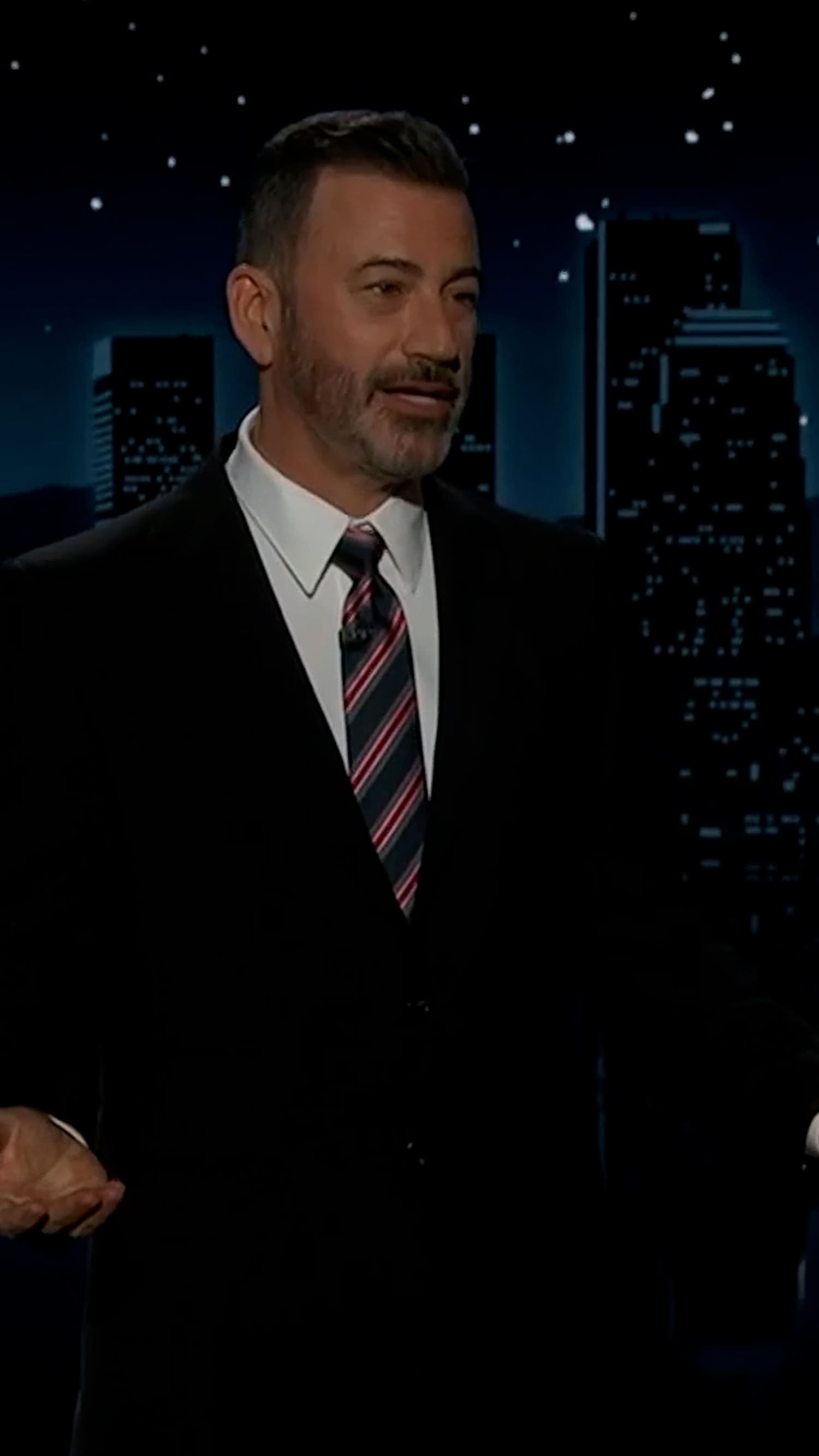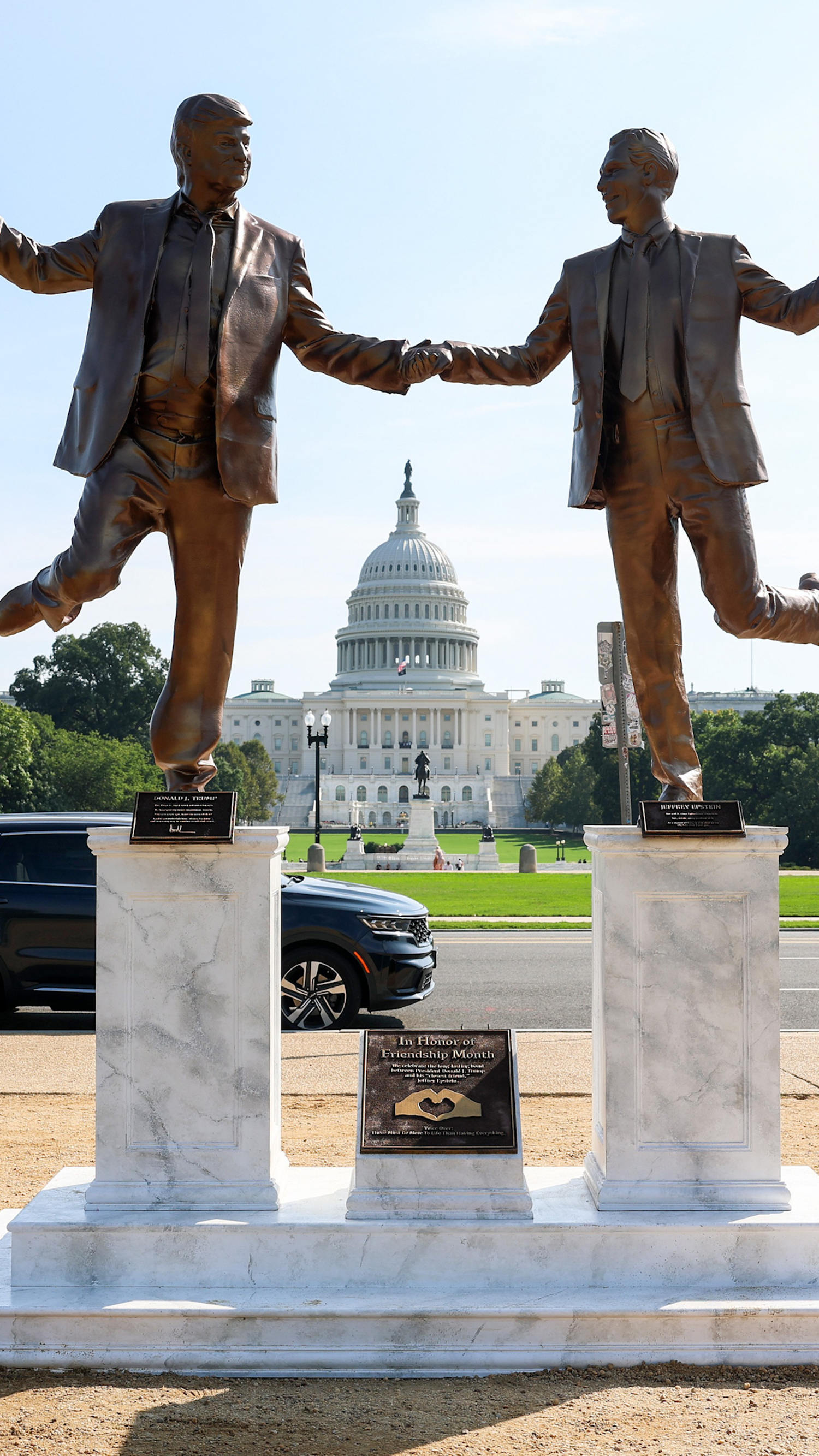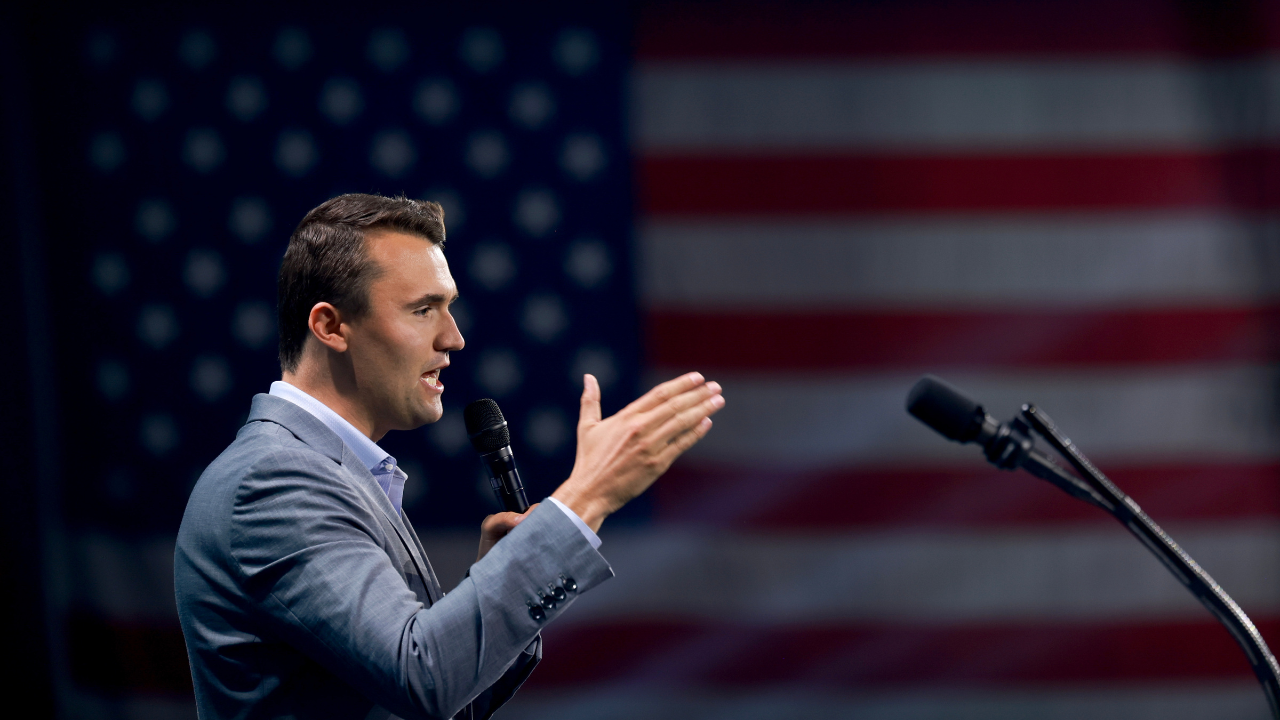On Tuesday, steps away from the 80th session of the UN General Assembly in New York City, TIME hosted a panel to discuss how AI is transforming systems to address global challenges.
When asked by TIME Executive Editor Nikhil Kumar about the government’s role, Justina Gallegos, a former deputy director in the White House's Office of Science and Technology Policy, argued that its responsibility lies in setting the guardrails of innovation, ensuring the safety of broad communities, and fueling clean energy solutions. “Ninety-six percent of everything that came online last year was clean energy and that's spurred by fundamental investments from the government,” Gallegos explained.
Chris Walker, Director of Sustainability at Amazon Web Services (AWS), emphasized that the private sector already played a role. He noted that AWS and Amazon have been “the largest corporate purchaser of renewable energy for the last five years running,” citing 600 projects worldwide that are producing enough energy to power 8 million U.S. homes. In California, he said, they are even using AI-powered robots to help to install solar panels.
Julie Linn Teigland, EY’s Global Vice Chair for Alliances & Ecosystems, acknowledged that getting companies ready to implement AI tools requires a “flexible” and “agile” management and leadership style, and a lot of “unsexy” work such as regulation and oversight measures. “When people think they can send an email and drive change, I'm sorry, but that's not it,” she quipped. Teigland also emphasized that companies will have to embrace deeper collaboration in the future, arguing, “you're never going to solve anything by yourself.”
Nathalie Flores, Vice President of Carbon Markets and Strategic Accounts at StoneX Group, kicked off an audience Q&A session by asking about how companies should give back. Walker pointed to AWS’ investment in local education, citing the establishment of STEM labs for students in Loudoun County, Virginia, where one of the company’s data centers is located. Another question came from Onika Williams at Meta, who asked the panelists to elaborate on how to embrace the unknown of AI.
Teigland responded that the key is “putting humans at the center in everything you do. There's too much talk about the erasing of jobs and not enough talk about the changing of jobs…I think the opportunity is there, we need to run towards it. This is going to make us better, faster, more intelligent, but we've got to do it in the right way.”
TIME100 Talks: Disrupting for Opportunity—Transforming Systems to Address Global Challenges was presented by Philip Morris International.
.png)
 5 hours ago
14
5 hours ago
14






























 Bengali (BD) ·
Bengali (BD) ·  English (US) ·
English (US) ·